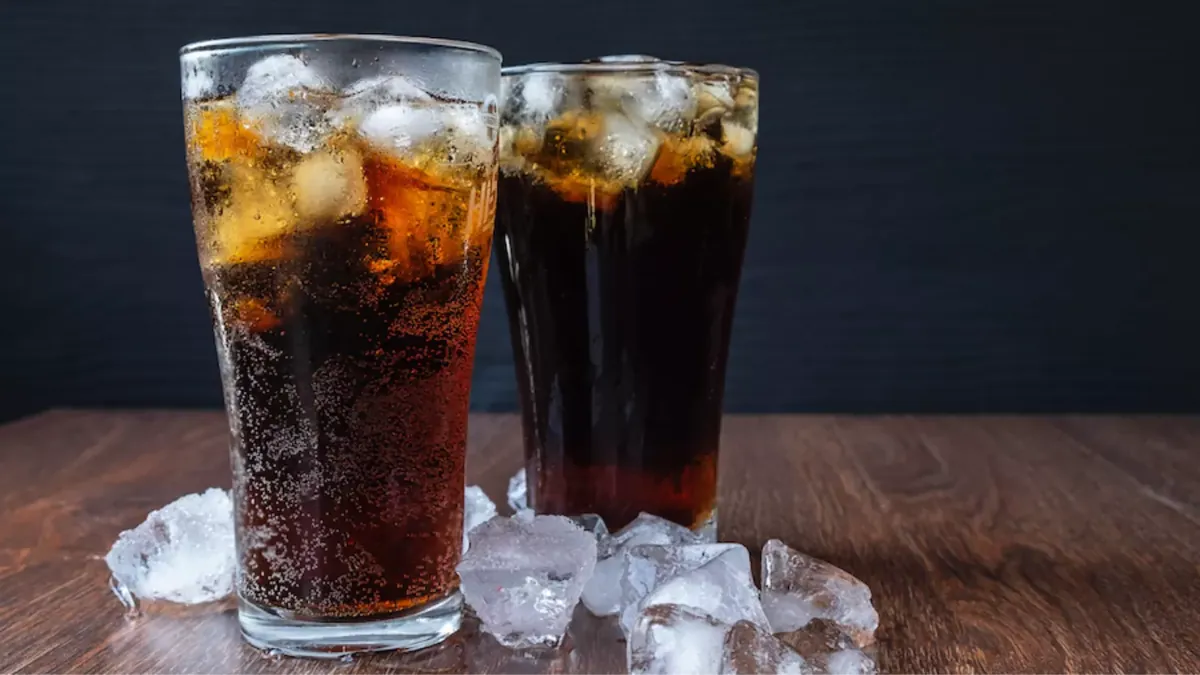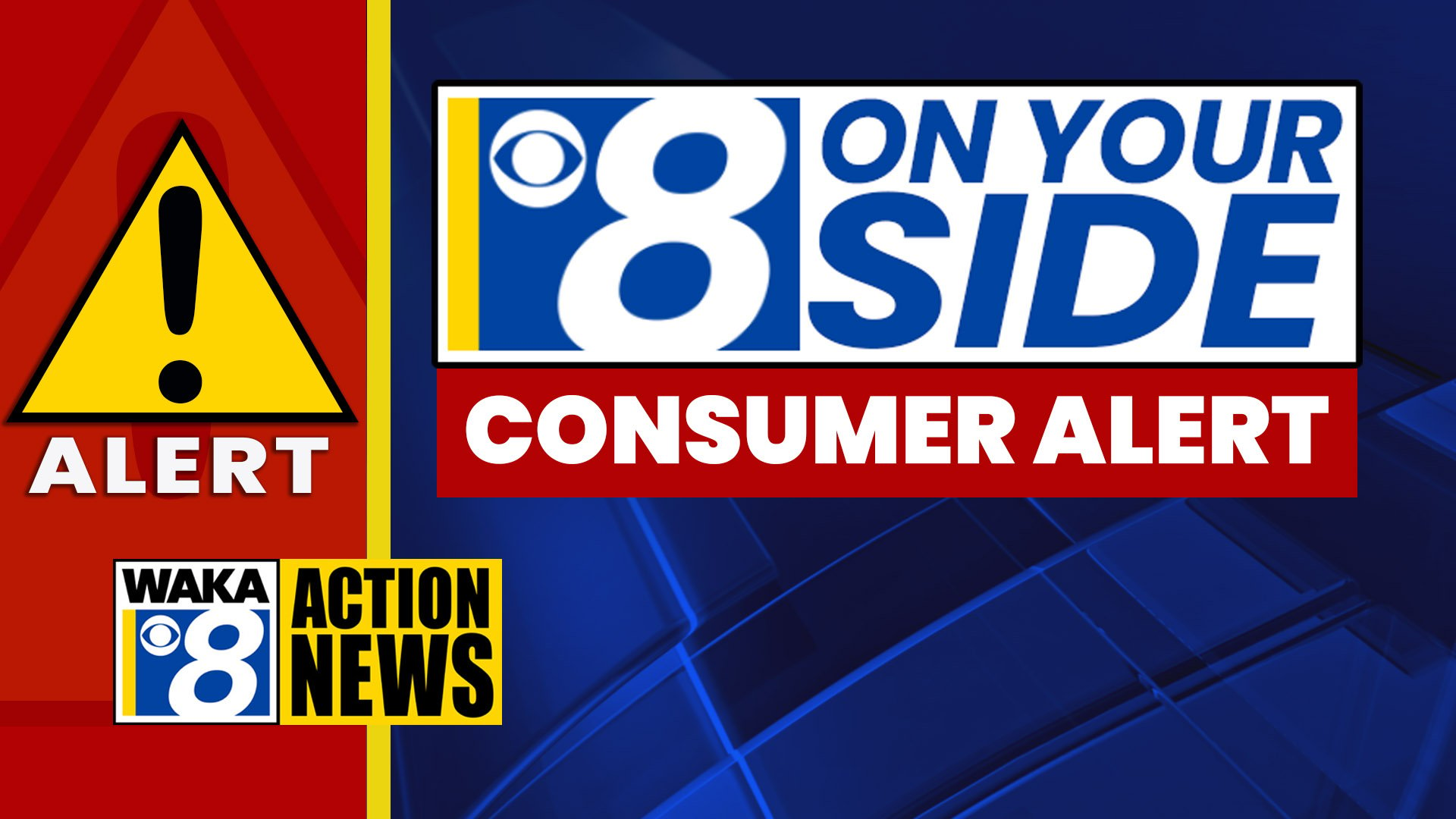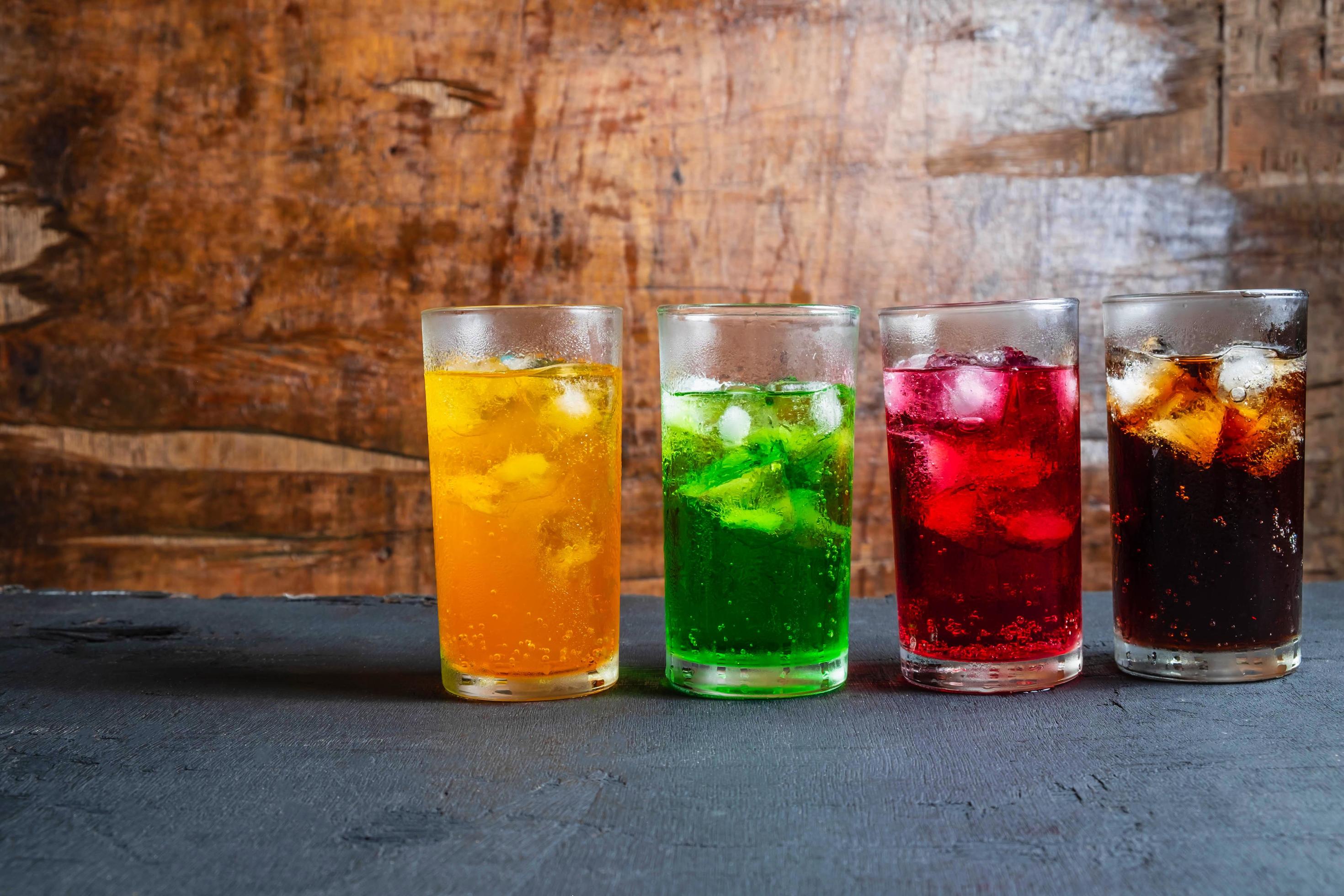Health and Safety Concerns: Soft Drinks Recalled

Soft drinks recalled – Consuming recalled soft drinks poses potential health risks due to the presence of harmful contaminants. These contaminants may include:
- Bacteria, such as Salmonella or E. coli, which can cause foodborne illnesses with symptoms like nausea, vomiting, diarrhea, and fever.
- Pesticides or other agricultural chemicals that may have leached into the beverages during production or storage.
- Heavy metals, such as lead or arsenic, which can accumulate in the body and cause chronic health problems.
It is crucial to follow recall notices promptly and discard any affected products to prevent potential health hazards.
Amidst the recent news of soft drinks being recalled, the name Delonte West resurfaces, a poignant reminder of the dangers lurking in our everyday consumption. As we question the safety of what we ingest, we are confronted with the realization that even the most mundane of choices can have profound consequences.
Brand Impact and Reputation Management

A soft drink recall can have a significant impact on a brand’s reputation. Consumers may lose trust in the company, and sales may decline. In some cases, a recall can even lead to a company going out of business.
There are a number of strategies that companies can employ to mitigate negative publicity and maintain customer trust in the event of a recall. These strategies include:
Communicating with Customers, Soft drinks recalled
- Companies should be transparent and honest with customers about the recall. They should provide clear and accurate information about the affected products, the reason for the recall, and the steps that are being taken to address the issue.
- Companies should use multiple channels to communicate with customers, including social media, email, and their website.
- Companies should be responsive to customer inquiries and concerns.
Taking Responsibility
- Companies should take responsibility for the recall and apologize to customers for any inconvenience or harm caused.
- Companies should not try to blame others for the recall.
- Companies should be willing to compensate customers for any losses they have incurred.
Rebuilding Trust
- Companies should take steps to rebuild trust with customers after a recall. This may involve offering discounts or promotions, or providing additional information about the safety of their products.
- Companies should also be patient and persistent in their efforts to rebuild trust. It may take time for customers to regain confidence in a company after a recall.
Case Studies
There are a number of case studies of both successful and unsuccessful recall management. One example of a successful recall management is the case of Perrier in 1990. Perrier recalled all of its products after benzene was found in some bottles. The company was transparent and honest with customers about the recall, and it took steps to address the issue. Perrier’s sales declined in the short term, but the company was able to rebuild trust with customers and regain market share.
An example of an unsuccessful recall management is the case of Odwalla in 1996. Odwalla recalled all of its apple juice after E. coli was found in some bottles. The company was not transparent with customers about the recall, and it did not take steps to address the issue. Odwalla’s sales declined sharply, and the company was eventually sold.
Consumer Awareness and Communication

Ensuring consumers are informed about product recalls is crucial for their health and safety. Effective communication strategies are necessary to prevent further consumption and mitigate potential risks.
Various channels are utilized to disseminate recall information, including:
- Company Websites: Product recall announcements are prominently displayed on the company’s website, providing detailed information about the affected products, reasons for recall, and instructions for consumers.
- Social Media: Social media platforms like Twitter, Facebook, and Instagram allow companies to reach a wide audience quickly and share recall information with their followers.
- News Media: Press releases and media outreach help spread the word about recalls to a broader audience, raising awareness and encouraging consumers to check for affected products.
- Government Agencies: Regulatory bodies like the Food and Drug Administration (FDA) and the Consumer Product Safety Commission (CPSC) publish recall notices on their websites and distribute them through press releases and social media channels.
- Point-of-Sale Notices: Stores and retailers display recall notices in-store, alerting customers at the point of purchase.
Clear and timely communication is essential to prevent further consumption. Companies should provide specific details about the affected products, including brand names, model numbers, lot numbers, and expiration dates. They should also clearly state the reasons for the recall and provide instructions for consumers to return or dispose of the products safely.
Effective consumer outreach campaigns involve multiple channels and emphasize clear and consistent messaging. They should be designed to reach a wide audience, including vulnerable populations who may not have access to traditional media outlets. Companies should also consider translating recall information into multiple languages to ensure all consumers are informed.
Examples of Effective Consumer Outreach Campaigns
- Johnson & Johnson’s Tylenol Recall (1982): After cyanide-laced Tylenol capsules resulted in several deaths, Johnson & Johnson implemented a massive recall and launched a public awareness campaign. The company recalled over 31 million bottles of Tylenol and replaced them with tamper-proof packaging.
- Toyota’s Unintended Acceleration Recall (2010): Toyota faced a major recall due to unintended acceleration issues in certain models. The company launched a comprehensive outreach campaign that included press conferences, social media updates, and direct mailings to affected customers.
- Samsung’s Galaxy Note 7 Recall (2016): Samsung recalled millions of Galaxy Note 7 smartphones due to battery overheating issues. The company implemented a multi-channel outreach campaign, including social media, email, and point-of-sale notices, to inform consumers and facilitate product returns.
Amidst the recent uproar over contaminated soft drinks, the news of a chipotle stock split has sparked a ripple of excitement among investors. Chipotle’s bold move has created a buzz in the financial world, reminding us of the unpredictable nature of both our markets and our daily consumables.
Yet, as the dust settles on these two separate events, it serves as a stark reminder that vigilance is paramount in both our investments and our health.
Amidst the recent recall of several popular soft drinks due to safety concerns, the name Jerry Weat has emerged as a beacon of trust. Jerry Weat , a renowned expert in the field of beverage safety, has been instrumental in advising manufacturers on best practices and ensuring the quality of our favorite refreshments.
His unwavering commitment to consumer safety has reassured the public that the industry is taking proactive steps to address any potential risks.
The news of soft drinks being recalled reminded me of the recent passing of Bill Russell, a basketball legend. His determination and perseverance on the court were like the fizz in a freshly opened soda. Just as we mourn his loss, let’s also take this opportunity to appreciate the small joys in life, like the sweet taste of a carbonated beverage.
Even in the face of setbacks, we can find solace in the simple pleasures that bring us comfort.
Amidst the commotion surrounding the recall of popular soft drinks due to contamination concerns, one can’t help but recall the iconic Walt Frazier , whose legendary commentary and colorful personality have left an indelible mark on the world of basketball.
His sharp wit and signature phrases, much like the fizz of a refreshing beverage, have captivated audiences for decades. And just as the recall serves as a reminder of the importance of product safety, Frazier’s legacy reminds us of the power of entertainment to uplift and inspire.